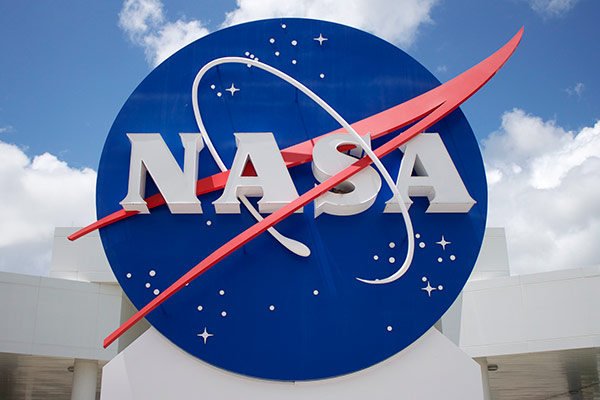NASA Wants Help From Coders To Speed Up Old Software

Entrants will be given the code to analyse and search for bottlenecks
NASA is running a competition to find coders who can help speed up its FUN3D software, which is used in the design of experimental aircraft.
NASA wants the software to run up to 10,000 times faster than it currently does without any reductions in accuracy and the two winners will be given $55,000 (£42,000) between them to make this happen.
But it’s bad news for all you European coders out there, as the ‘High Performance Fast Computing Challenge’ is only available to US citizens over 18 years of age due to its sensitive nature.
Space tech
The FUN3D software was first developed in the 1980s, written in a programming language called Fortran which was originally developed by IBM and is especially suited to numeric computation and scientific computing.
It is used on NASA’s Pleiades supercomputer to test early designs for future aircraft by simulating the flow of air.
A process called computational fluid dynamics using complicated data and mathematics digitally tests the early designs, after which scale models of the aircraft are tested in the wind tunnel before real life testing gets underway.
“Some concepts are just so complex, it’s difficult for even the fastest supercomputers to analyse these models in real time,” said Michael Hetle from NASA’s Transformative Aeronautics Concepts Program (TACP).
“Achieving a speed-up in this software by orders of magnitude hones the edge we need to advance our technology to the next level!”
TACP director Doug Rohn described the competition as “the ultimate ‘geek’ dream assignment,” where copies to the code will be provided to entrants for analysis and the identification of any bottlenecks.
In other NASA news, the agency recently gave away its 2017-2018 software catalogue, which contains products for a “wide variety of technical applications”, to the public for free and last year started using Red Hat’s OpenStack platform in its Jet Propulsion Lab.